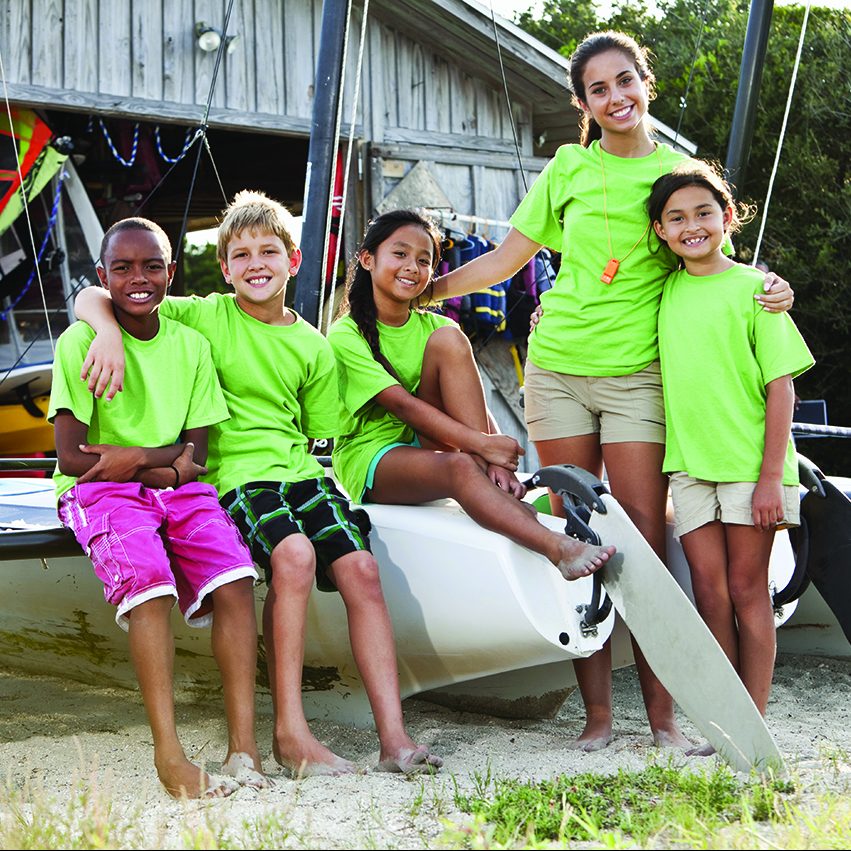Summer camp season will soon be here, and throngs of children will board buses each morning or pack their parents’ cars full of essentials to survive a few weeks away from home.
Looking back, many adults who experienced summer camp have fond memories of their adventures – whether they all went according to plan or there were some hiccups along the way. Parents want their children to make their own summer camp memories. Even if the canoe capsizes or the cabin leaks during a summer thunderstorm, such experiences can build character and strengthen friendships.
According to RegPack, an online registration software company, more than six million American children participate in some form of camp each year, including sleep-away camp or day camp. The American Camp Association says that number is closer to 14 million, with the most popular camp session length around one week or less. Families getting prepared for camp can follow these guidelines to ensure the experience is one kids won’t soon forget.
Search For An Accredited Camp
Accredited camps must meet more than 300 standards related to program quality, safety and health, according to the ACA. An accredited camp will likely give parents the most peace of mind.
Consider Children’s Readiness
There’s no magic age when a child may be ready to go to camp, but generally kids who are ages seven or eight may be fine to start a resident sleep-away camp. Day camp kids can begin as early as age three, the same age kids often begin preschool programs. Gauge whether the child has spent time away from home at friends’ or family members’ homes to decide if a resident camp will be the right fit or if a day camp is more appropriate.
Connect With Fellow Campers
If possible, attend a meet-and-greet prior to the start of the season. Neighborhood day camps tend to draw kids from local communities, so there’s already a chance kids will know a few fellow campers.
Get To Know Camp Counselors Early On
Campers can introduce themselves to camp counselors and other program directors and are urged to ask questions about specific programs. Counselors can direct campers toward activities they may enjoy.
Make The Most Of All Situations
Much of summer camp will likely be smooth-sailing, but it’s reasonable to expect some bumps along the way. Campers shouldn’t expect perfection, but use the situations that may go awry as learning experiences on how to handle adversity – trying to find the fun in them anyway. Even a medical situation can be overcome, particularly because camps staff qualified medical personnel to ensure campers are safe and well.
Summer camp can be a great experience, especially when families take some pre-camp measures aimed at ensuring kids have a fun season.





